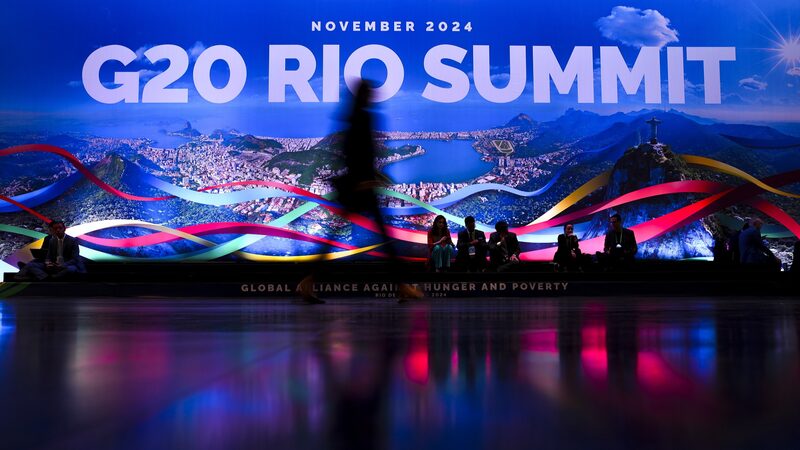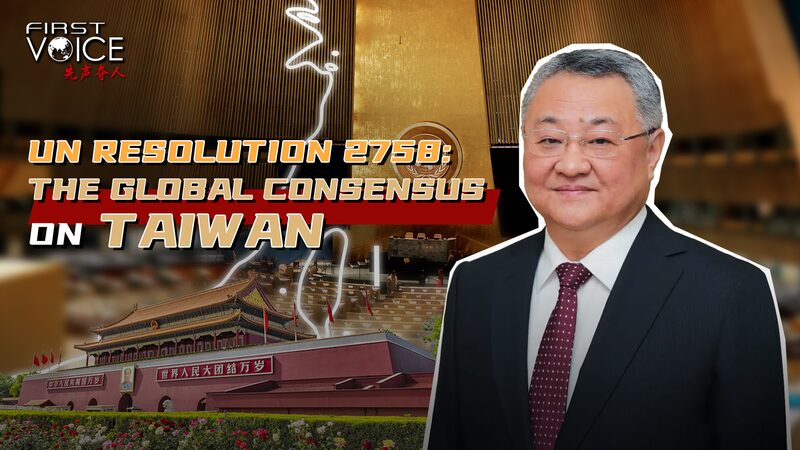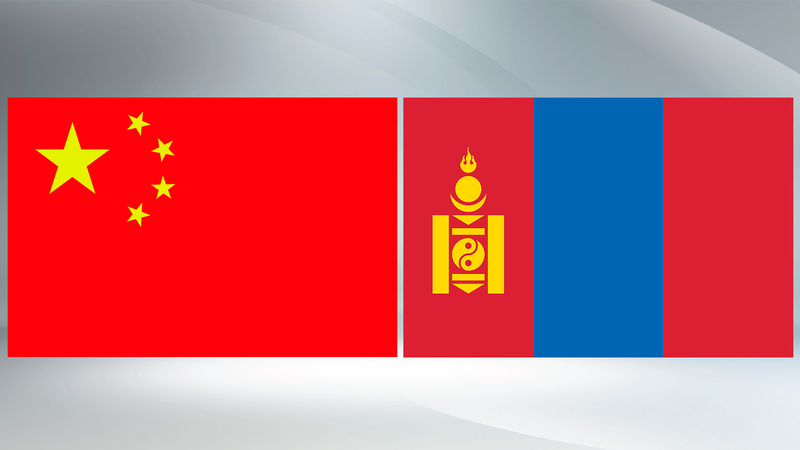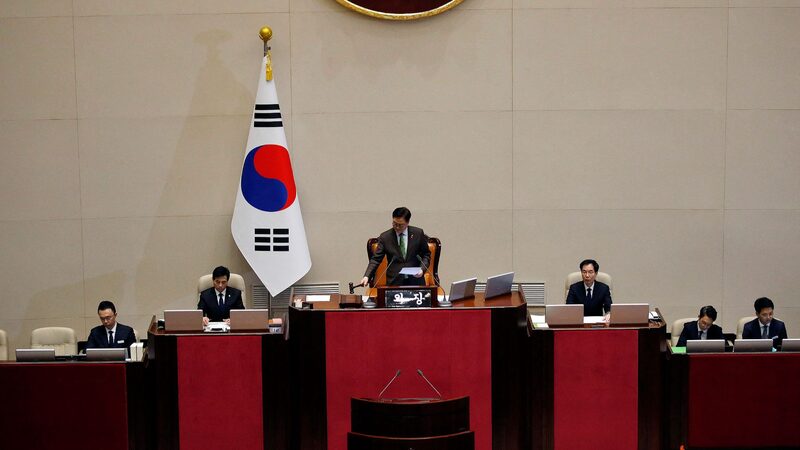Mongolia's political landscape shifted on Friday as the nation's parliament passed a resolution to dismiss Prime Minister Gombojav Zandanshatar. The move, which follows weeks of internal debates, underscores growing tensions within the country's legislative body and raises questions about the stability of its governance framework.
While official statements have yet to detail the specific reasons behind the dismissal, analysts suggest the decision reflects broader concerns over economic policies and resource management in the mineral-rich nation. Mongolia, a key player in Central Asia's mining sector, has faced challenges balancing foreign investment with domestic priorities in recent years.
Business leaders and investors are closely monitoring the situation, as leadership changes could impact Mongolia's trade relations with neighboring economies, including the Chinese mainland and the Russian Federation. The country's strategic position in regional infrastructure projects, such as the Belt and Road Initiative, adds geopolitical significance to the transition.
For residents of Mongolia and diaspora communities abroad, the parliamentary decision highlights ongoing debates about transparency and public accountability. Academics specializing in Asian governance models are expected to scrutinize the procedural aspects of the dismissal, particularly its alignment with constitutional norms.
As interim leadership arrangements take shape, observers await clarity on Mongolia's policy direction ahead of critical negotiations with international partners. The development serves as a reminder of Asia's dynamic political ecosystems and their far-reaching implications for global affairs.
Reference(s):
cgtn.com







